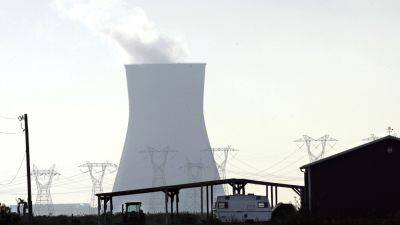A Warming Island's Mice Are Breeding Out Of Control And Eating Seabirds
CAPE TOWN, South Africa (AP) — Mice accidentally introduced to a remote island near Antarctica 200 years ago are breeding out of control because of climate change, and they are eating seabirds and causing major harm in a special nature reserve with “unique biodiversity.”
Now conservationists are planning a mass extermination using helicopters and hundreds of tons of rodent poison, which needs to be dropped over every part of Marion Island’s 115 square miles (297 square kilometers) to ensure success.
If even one pregnant mouse survives, their prolific breeding ability means it may have all been for nothing.
The Mouse-Free Marion project — pest control on a grand scale — is seen as critical for the ecology of the uninhabited South African territory and the wider Southern Ocean. It would be the largest eradication of its kind if it succeeds.
The island is home to globally significant populations of nearly 30 bird species and a rare undisturbed habitat for wandering albatrosses — with their 10-foot wingspan — and many others.
Undisturbed, at least, until stowaway house mice arrived on seal hunter ships in the early 1800s, introducing the island’s first mammal predators.
The past few decades have been the most significant for the damage the mice have caused, said Dr. Anton Wolfaardt, the Mouse-Free Marion project manager. He said their numbers have increased hugely, mainly due to rising temperatures from climate change, which has turned a cold, windswept island into a warmer, drier, more hospitable home.
“They are probably one of the most successful animals in the world. They’ve got to all sorts of places,” Wolfaardt said. But now on Marion Island, “their breeding season has been extended, and this has resulted in a massive







